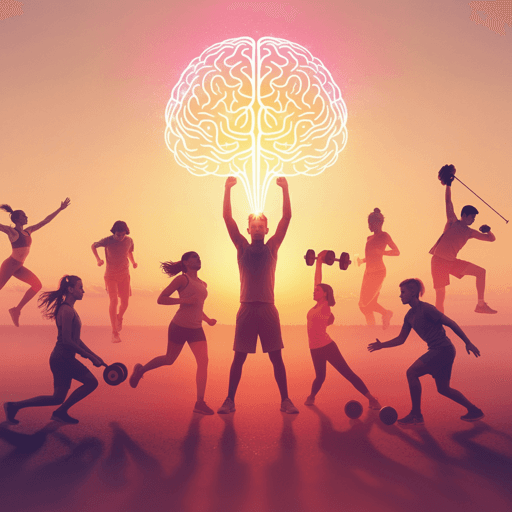
Health and Fitness
Adolescent mental health interventions: a narrative review of the positive effects of physical activity and implementation strategies
Z. Li, J. Li, et al.
Physical activity can bolster adolescent mental health: a narrative review conducted by Zhaojin Li, Jie Li, Jianda Kong, Zhilin Li, Rui Wang, and Fugao Jiang found aerobic exercise improves mood and cognition; strength training reduces depressive symptoms and enhances self-efficacy; team sports boost social skills and belonging; mind–body practices aid stress management — and the authors outline risks and school/community implementation strategies.
Related Publications
Explore these studies to deepen your understanding of the subject.







